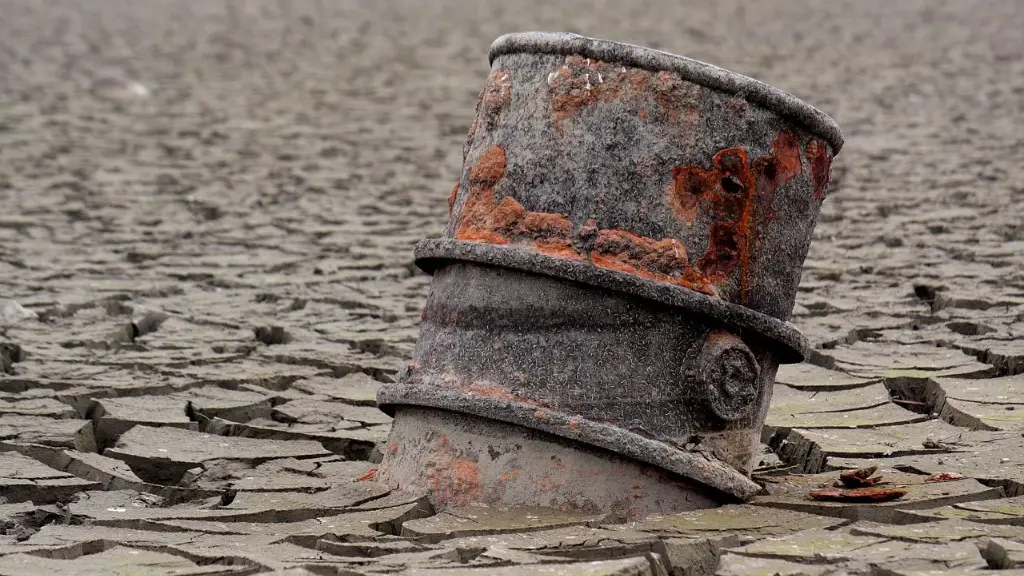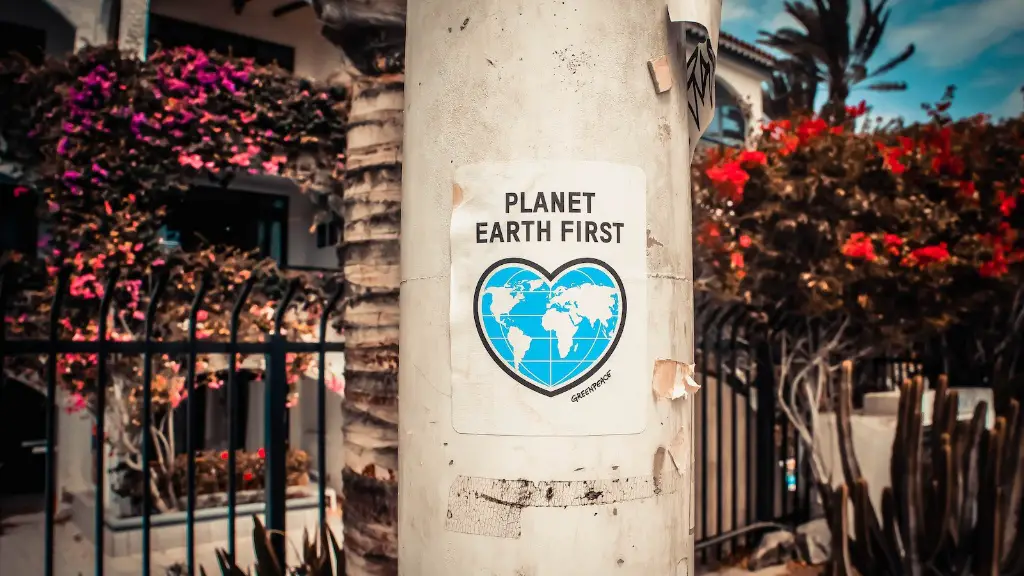Climate change is becoming an increasingly urgent global concern. One widely discussed contributor to warming temperatures is the growing concentration of greenhouse gases trapped in the atmosphere. The burning of fossil fuels and deforestation in particular are widely cited as two human activities that are contributing to global warming. Undoubtedly, these are important factors, but what else might be causing the Earth’s temperature to rise?
Most experts agree that the emission of greenhouse gases caused by human activity – primarily, the burning of fossil fuels – is the most significant contributor to global warming. While the burning of coal and oil generate energy, they also produce carbon dioxide (CO2), which remains in the atmosphere and traps in heat, causing temperatures to increase. Additionally, deforestation reduces the amount of trees available to absorb this added CO2. This has resulted in nearly 40 percent more CO2 in the Earth’s atmosphere than before the industrial revolution.1
However, as important as these role of human activity is in contributing to global warming, there are alternative factors. One possibility is a decrease in total solar irradiance, or the amount of energy that reaches the Earth from the sun. Observational evidence suggests that there is a correlation between periods of reduced solar activity and global cooling.2 However, since the mid-20th century, there has been an increase in solar activity, and an increase in global temperatures, suggesting that this is not a major factor in the current warming trend.3
Another factor to consider is variations in Earth’s orbit and its tilt, which occur in regular cycles. These changes can have an effect on the climate, but research suggests that this “orbital forcing” is not the main driver of current global warming trends.4
Finally, natural processes known as the “carbon cycle” can contribute to warming. This cycle involves the processes of carbon dioxide entering into the atmosphere during burning and respiration, and being removed through absorption by plant life and ocean water. Yet while this has a role in moderating climate change, it’s believed that this natural process cannot adequately explain the current climate situation.5
It is clear that the burning of fossil fuels and deforestation are major contributors to global warming. Yet as we hear increasing calls for individuals and governments to reduce their dependence on fossil fuels, research suggests that the causes of global warming are more complex than the production of CO2. It is only by carefully weighing all potential factors that we can hope to make meaningful progress in understanding and addressing climate change.
References
1. Ramanathan, V., and Yang, K. (2007) “Atmospheric brown clouds”, Annual Reviews of Earth and Planetary Sciences, Vol. 35, pp. 13 – 45
2. Rothman, D. (2008) “Variations in Solar Output and their Effects on the Earth’s Climate”, Energy and Environment, Vol. 19, No. 1, pp. 101 – 121
3. Hu, Y., and Lean, J. (2009) “The Effects of Solar Variability on Earth’s Climate”, Space Science Reviews, Vol. 145, No. 1-4, pp. 337 – 359
4. Berger, A., and Loutre, M. (2002) “Insolation Values for the Climate of the Last 10 Million Years”, Quaternary Science Reviews, Vol. 21, No. 8, pp. 849 – 867
5. Solomon, S. and colleagues (2007) “Contributions of Stratospheric Water Vapor to Decadal Changes in the Rate of Global Warming”, Science, Vol. 316, No. 5817, pp. 575 – 578


